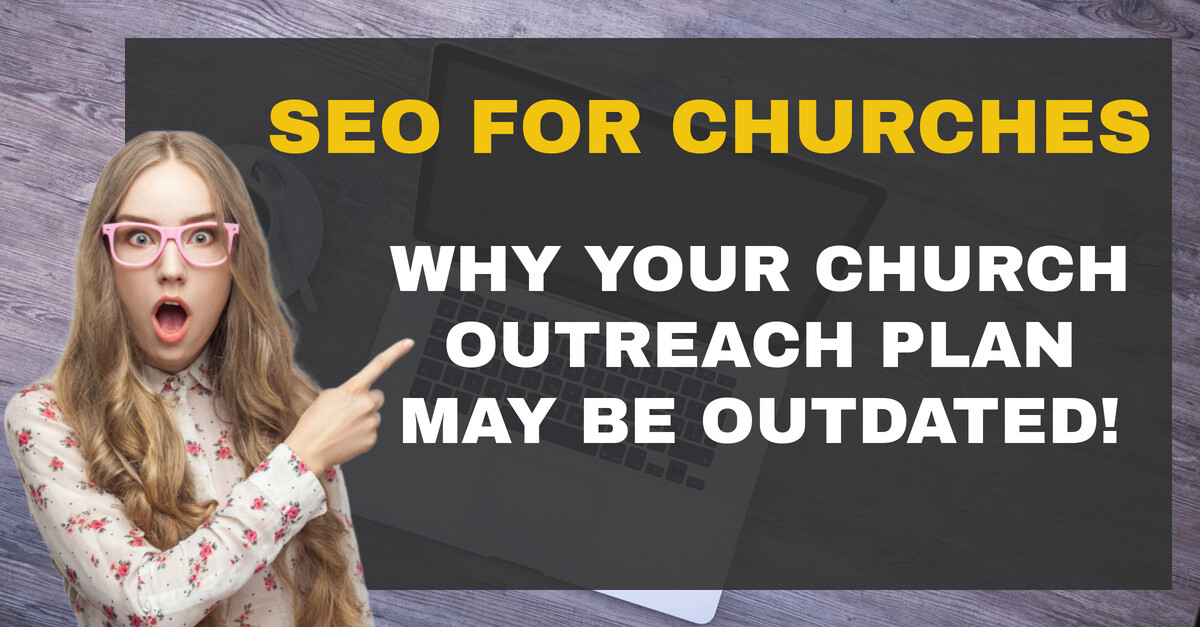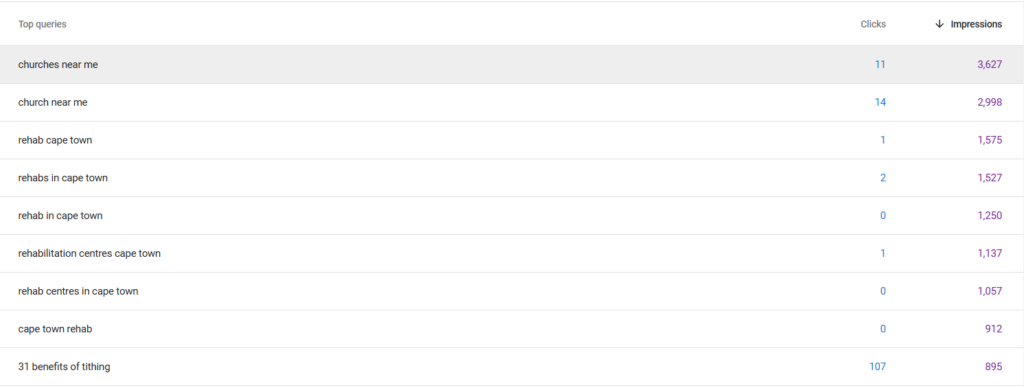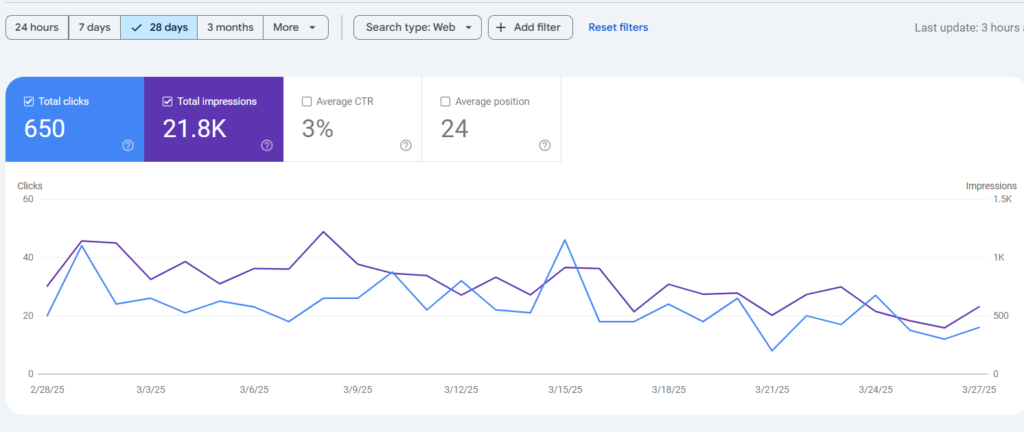You might be wondering how digital marketing could possibly relate to your church. I'm going to explain just that in my blog SEO for church websites. This isn't just about getting tech-savvy; it's also about connecting with your community in ways that are becoming increasingly prevalent and necessary.

We've seen a significant shift from traditional forms of outreach to the digital space. Think about it – flyers and billboards can only reach so many people, and they're easy to miss. In my opinion, if your church is not online yet, you're missing out on a huge opportunity to extend your reach and influence.
Digital marketing is all about being where people are spending their time, which is online now more than ever. By harnessing the power of the internet, your church can touch more lives than you've ever imagined. From social media to email newsletters, the possibilities are nearly endless.
But it's not enough to just be online; you must be found. That's where Search Engine Optimization (SEO) comes in. SEO is how you get your church's website to show up when people search for places of worship or community events on search engines like Google.
Now, you might think, ‘We're a church, not a business. Do we really need SEO?' The answer is a resounding ‘Yes.' Remember, SEO isn't just about driving traffic; it's about making your church more accessible to those seeking spiritual guidance or a community to be part of.
It opens doors to people who might not have found you otherwise. And that's just the beginning of why SEO matters for your church's digital presence.
Developing an SEO Strategy for Your Church Website
Now, let's focus on what SEO actually is and why it's a game-changer for your church. SEO, or Search Engine Optimization, is the method of enhancing your website so that it's more visible when people use search engines to find religious services or community events in your area.
When done right, SEO can help your church appear higher in search results, which means more people clicking through to your site.
Effective SEO starts with proper keyword research. It's about understanding the words and phrases people in your community use when they're searching for a spiritual home. This could range from ‘church services near me' to ‘family-friendly church activities'. Capturing these terms and embedding them into your website's content is essential for visibility.
Here is a screenshot of some of the keywords that our church is ranking for.

Content is king in the world of SEO. But it's not just about quantity; the quality is what really matters. You want to create content that resonates with your potential visitors, whether it's weekly sermons, blog posts about faith and daily living, or information about volunteering opportunities.
This engaging content should reflect your church's values and mission, and be easily shareable to extend your reach.
Another vital part of your strategy is optimizing the structure of your church's website. A well-structured site helps search engines understand and index your content efficiently. This not only helps with SEO but also makes for a better user experience.
Simple navigation, clear headings, and relevant internal linking between pages can go a long way.
Moving on to section 3, we're going to dive into the best practices and considerations for church website SEO. It's about fine-tuning what we've started here, ensuring your website's performance is the best it can be and reaching out to the local community effectively.
Best Practices and Considerations for Church Website SEO
Now that you have a grasp on the significance and basics of SEO for your church website, it's time to focus on best practices and considerations. Remember, your church's mission online is not just to exist but to be found and to resonate with both your congregation and potential visitors.
Optimizing a website can seem daunting, but start with mobile-friendliness. With more people accessing information via smartphones and tablets, your website must be easy to navigate on these devices. Google prioritizes mobile-friendly sites, so this is vital for SEO success.
Then, there's local SEO. This is key for churches because your most likely visitors are in your nearby community. Ensure your church's address, service times, and contact information are front and center. Use local keywords, and don't forget to claim your Google My Business listing.
Tracking your progress is important, too. Through analytics, you can unveil which parts of your SEO strategy are working and which need adjustment. You're going to find out about which pages are most visited and how users interact with your site, allowing for informed decisions moving forward.
SEO isn't a one-time effort; it's an ongoing process. The digital landscape changes, and so should your approach. Continue to produce fresh content, keep up with SEO trends, and engage with your visitors both on your website and through social media.
Finally, there are numerous churches out there that have seen significant growth after applying these SEO strategies. They've increased their visibility, drawn in new members, and enhanced their outreach efforts—all by understanding the value of SEO and committing to the process.
It simply works. Let me show you some statistics from google search console for our church website.

As you can see from the screenshot, our church website got over 650 clicks and 21,000 impressions in one month.
To put this in evangelism terms, that is like we passed out 11,000 flyers and 522 people came to our church.
If you have questions, please post them in the comment section or you can contact me via our contact us page.
Embrace these practices, and who knows? The next success story might just be about your church!